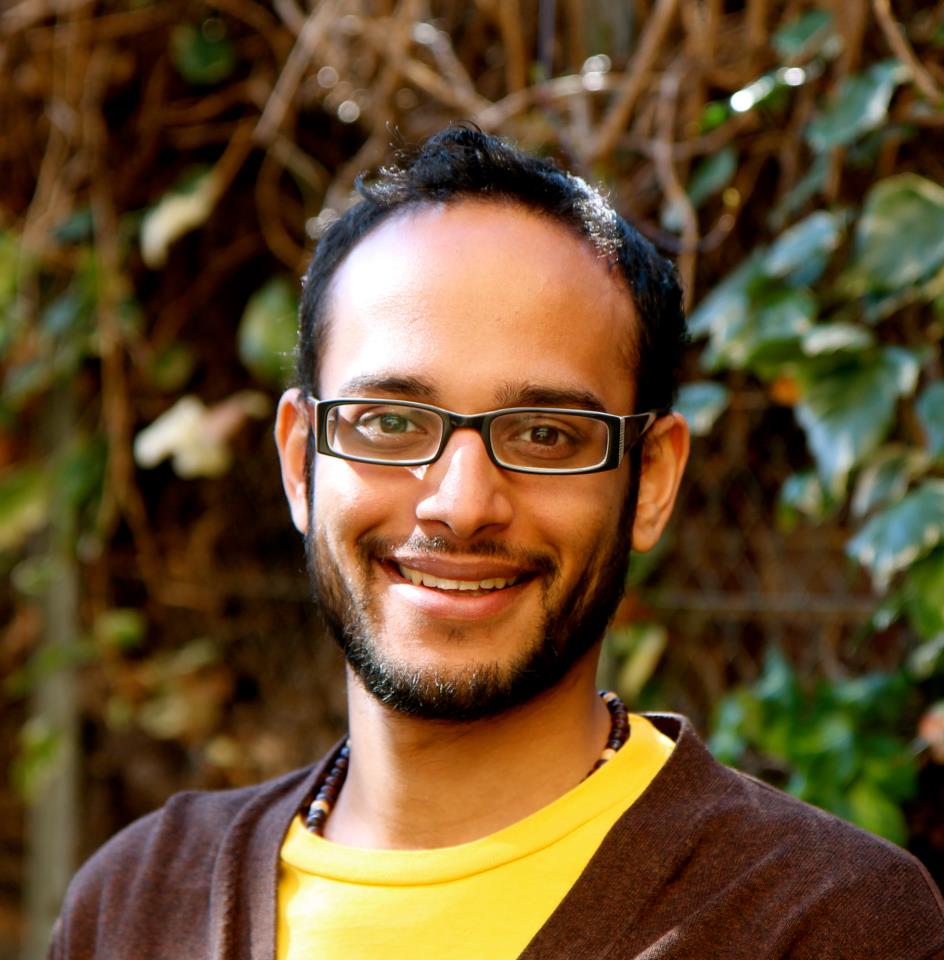This summer, I travelled to India to participate in the International Summer School for Jain Studies (ISSJS), an intensive 4-6 week academic course on Jainism, with teaching split across campuses in Delhi, Jaipur, Varanasi, Aligarh and Jalgaon. The course was an incredible experience, and presented a fantastic opportunity to advance my understanding of Jainism in an open and intellectually stimulating environment.
The key aim of the ISSJS is to provide academics, scholars and students with an interest in Jainism with an opportunity to gain a solid grounding in the tradition. The founders of the course identified a need to make Jainism accessible to those born outside the faith. It is hoped that alumni leave with the inspiration and knowledge to carry out meaningful research on the Jain faith and/or to teach Jainism in their home countries.

ISSJS Students at Ahimsa Tirth, Delhi
Though academic in nature, the course was much more than sitting in a classroom and listening to lectures. Students were given the opportunity to experience Jainism in both theory and practice. We stayed in the guest houses at Jain derasars and followed a Jain diet; met with monks and nuns from both the Digambar and Swetambar traditions; and got several opportunities to practice meditation. We also visited Jain pilgrimage sites, met lay Jain families and saw charitable institutions (including schools, hospitals, animal sanctuaries and universities) run by the Jain community.
Although the course is open to members of the Jain community who want to learn more about their faith, relatively few Jains seem to sign up as students. This year I was the only participant to have been brought up in a Jain family, and was also the only participant from the UK. Most of the other participants were students or academics specialising in religion, theology or South Asian studies at universities in North America.
It was truly wonderful be around people who had been so inspired by Jainism that they decided to travel half way around the world to study it further. On the first day of the course, one of the first students I met told me how he had turned vegetarian the day he found out about Jainism and how he now even avoided eating root vegetables. Another student had grown up as a Christian in Kenya, and was keen to learn more about the history of Jainism in his motherland. Several students had done work in hospices and told me how they had been motivated to find out more about Jainism after finding out about the practice of sallekhana. And, it was pleasantly surprising to meet a student from Japan who was spending two years in Ahmedabad studying Jain texts written in Prakrit as part of his PhD research.
One of the key things that attracted me to the course was the opportunity to learn from top academics familiar with both Jainism and other Indian philosophies, and to study in an environment where I would feel free to openly ask questions. As a diaspora Jain with academic training from Western universities, I have been heavily influenced by Western thinking - in the particular, the scientific method as a means of deriving knowledge about the world. I have always found it very difficult to accept Jain concepts like the soul, karma and omniscience. I often find myself applying the same intellectual scrutiny to these concepts as I would any other idea, religious or scientific.
Fortunately, the syllabus and learning environment were perfect for the topics I wanted to explore. We learned about where Jainism fits in to the wider system of ancient Indian philosophies and about the history of Jainism itself. It was fascinating to learn about the historical evidence for Tirtankaras that exists outside the tradition; the rise and fall of Jainism and Buddhism in India; and the influence that Jainism and the Vedic traditions have had on each other. The course also offered opportunities to try and apply Jain principles to modern life. We discussed topics such as non-violent conflict resolution, and used the Jain dharma toolkit to try and analyse contemporary issues in bioethics, including abortion, euthanasia and genetic modification.
If you are interested in learning more about Jainism, I cannot recommend the ISSJS strongly enough. It is a fantastic opportunity to develop a stronger understanding of all aspects of the tradition, and explore issues at a level of depth that is hard to achieve in day-to-day life.
To apply for next year’s course, visit www.isjs.in. ■
 Sagar K. Shah
Sagar K. Shah